Insights

16/07/2022
What is it that makes Advance? From my perspective we are a series of paradoxes that does and does not have clear boundaries in what we do and how we do it.
We have defined boundaries when operating with our clients. These usually involve creating a scope of work, committing to a project date or delivering a programme to meet a procurement submission.
The opposite of these clear boundaries is what also defines us. That is, the capability and capacity to generate thinking and application of ideas which inform practice in a dynamic rather then static context. The context in which we and many of our clients operate are, by their very nature, complex and display the characteristics that I associate with paradoxes and complexity.
Collaboration in Alliances, Joint Ventures or Partnerships with multiple stakeholders provide natural tensions and conflicts. It is in this space that I believe Advance delivers our best value where we can apply that which we can define but also work with what we cannot. To succeed and progress effectively in complexity we need to nurture and manage conflict and tension. Without it, the situation or project can lack the direction, clarity or structure required to align its purpose to the benefit and value that stakeholders expect.

The conflict and tension we need to succeed can also damage and defeat those very objectives. Too much conflict will oppose collaboration and prevent the environment required for successful delivery.
At Advance we need to challenge and support our clients as much as ourselves. To quote Richard Pascale we need to ‘Surf the edge of chaos’ and embrace the tests, characteristics and principles he associates with complexity:
- Many agents acting in parallel
- Continuous shuffling building blocks that generate multiple levels of organisation and structure
- Energy and investment is needed to continuously evolve and develop; if not replenished then vulnerability and weakness will appear
- A capacity to recognise patterns and able to anticipate the future, learn and therefore anticipate when to change.
These I suggest loosely define us and provides some bounds (“guardrails”) without constraining or limiting what we do and how we do it. We manage and operate within a framework of paradoxes that on one hand push us one way and yet simultaneously pull us the other. We need to move towards the edge of chaos to embrace the uncertainty and ambiguity that this will create (our CATUR model). To be “comfortable with the discomfort” we may feel or experience so that we can define our boundaries and purpose.
We are a series of paradoxes that are needed for positive tension and conflict, which enable us to deliver professional collaboration. Without these paradoxes we would not learn, evolve and develop. The mutual benefit and value I feel and know Advance creates comes from them.
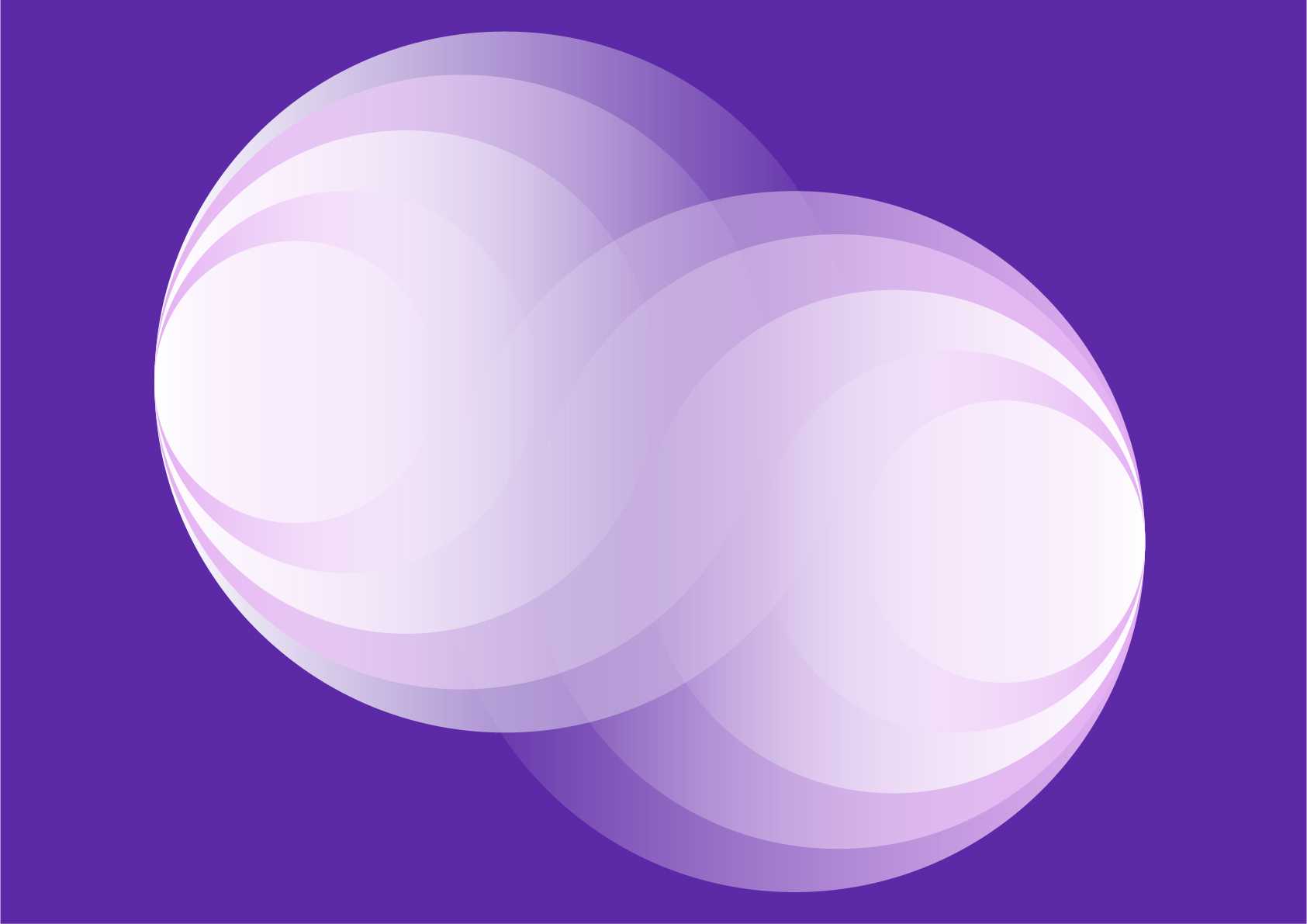
Insights
The Professional Collaboration Series: Blog 6 of 8: The Reinforcement Paradox: When Disagreement Strengthens Collaboration

Insights
The Professional Collaboration Series: Blog 5 of 8: The Licence Problem, Part 2: How Your Systems Silence Dissent (Without Anyone Noticing)

Insights
The Professional Collaboration Series: Blog 4 of 8: The Licence Problem, Part 1: Why Structure Determines Who Can Challenge Whom

Insights
The Professional Collaboration Series: Blog 3 of 8: The Courage Deficit: Why Knowing What to Say Isn't Enough
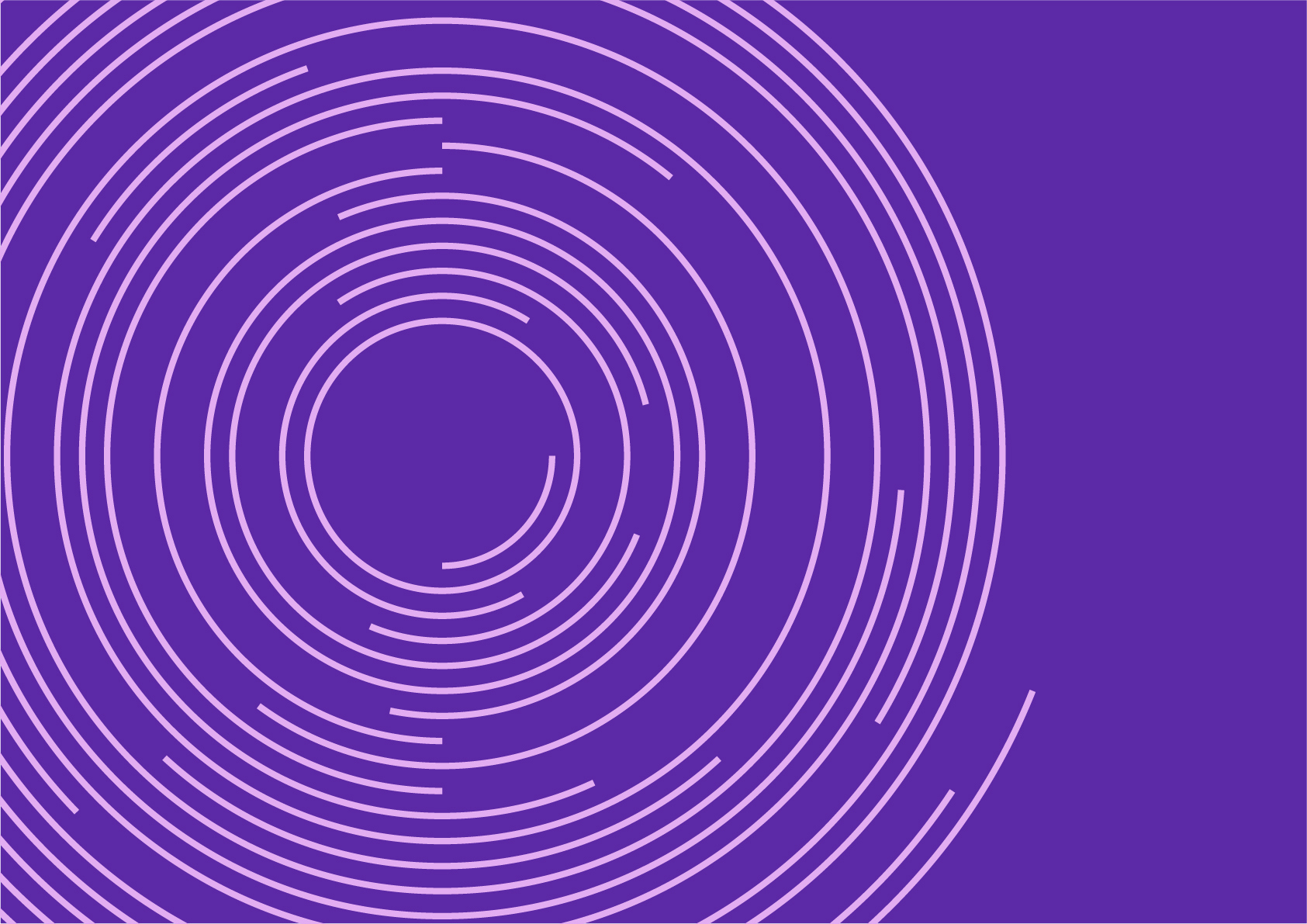
Insights
The Professional Collaboration Series: Blog 2 of 8: The Three Dimensions That Make Disagreement Work (or Fail)

Insights
The Professional Collaboration Series: Blog 1 of 8: The Three Hidden Reasons Disagreement Fails in Complex Environments

Insights
Community Rail Conference: A Celebration of Collaboration and Passion

Insights
Building Foundations: Advance's Canadian Infrastructure Journey Takes Shape

Insights
The SDG Integration Opportunity: From Parallel Progress to Connected Impact

Insights
Mental Health Doesn’t Take a Day Off – and Neither Should We

Insights
Why Big Infrastructure Projects Are Struggling with Biodiversity Net Gain (And How Better Collaboration Could Change Everything)

Insights
What I Hope to Bring to the Advance Party

Insights
The Deeper Story Behind Our Numbers
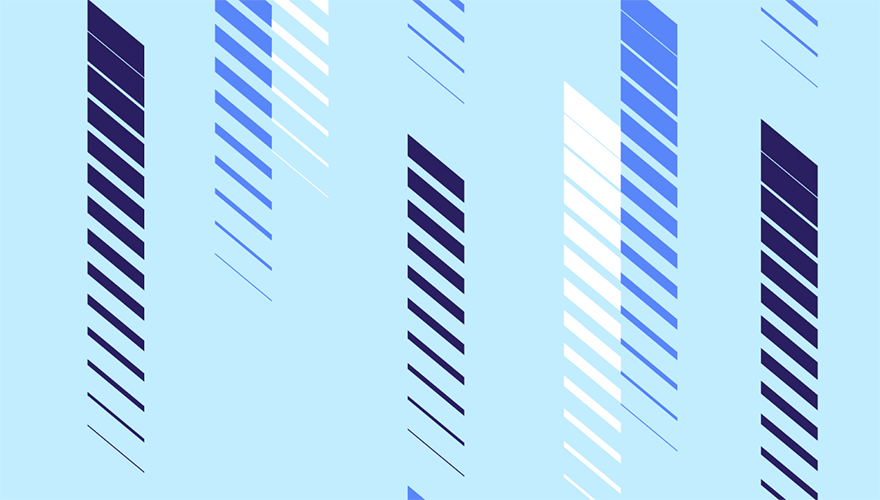
Insights
Advance Joins SME Alliance Partners on UK Government’s CCS Management Consultancy Framework Four (MCF4)

Insights
From Ashes to Grid: How Power Maxed Racing Redefined What's Possible in Five Days

Insights
The skills revolution is here. Are we ready for what comes next?

Insights
Beyond “That’s Really Good”

Insights
What the UK’s Infrastructure challenges reveal about strategic leadership

Insights
A new way to map your leadership team.

Insights
Building ‘What If?’ Cultures
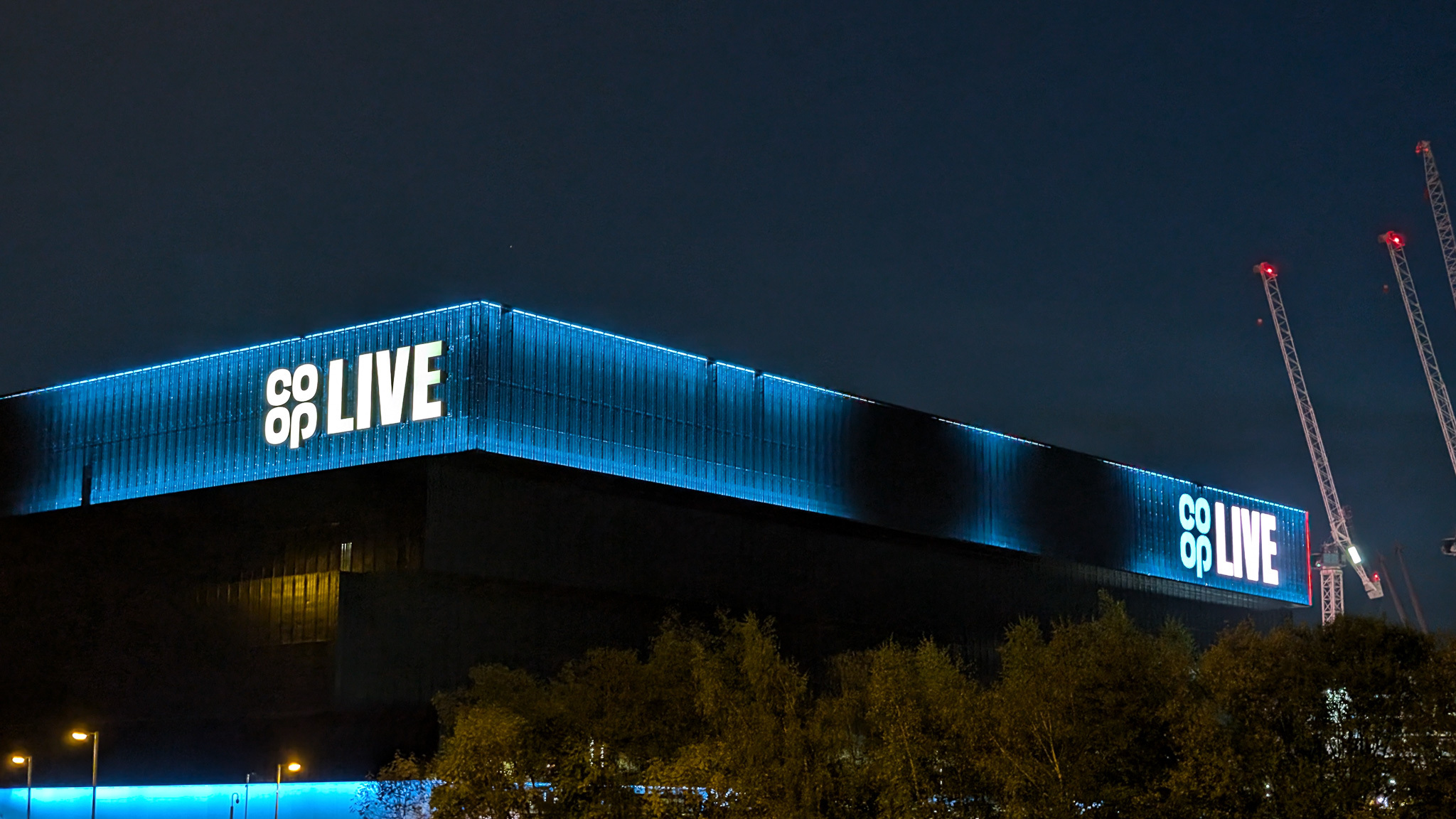
Insights
The problem with 'nice' teams...

Insights
You don’t become a leader when you get a job title.

Insights
Kindness > Capability (And here’s the data to prove it)

Insights
What no one’s telling high performers about burnout…

Insights
The question you should be asking…

Insights
Energy for Impact

Insights
Advance Consultancy Partners with Community Rail Network to Drive Sustainable Development

Insights
Are you Keane on Teamwork?

Insights
Real People, Real Impact: The Essence of Social Value

Insights
Advance's B Corp Journey to Certification

Insights
MVP or... MVP…

Insights
One Blog a Year (OK, maybe two..) like this will see me right

Insights
My First "6 Weeks" in Advance

Insights
One Blog a Year like this will see me right

Insights
Biting the Bullet

Insights
The Problem with Mergers …

Insights
The Start of Advance's Sustainability Journey

Insights
Skills for the Next Quarter Century

Insights
The Advance Reading List – Part 1

Insights
What has Colin the Caterpillar got to do with leadership development? (Learn2Develop - Part 2)

Insights
When Greta met Russell … becoming a reluctant leader

Insights
Trust & Productivity – the Private Sector Construction Playbook

Insights
What has Sustainability ever done for us?

Insights
We’re really not that clever…

Insights
Learn 2 Develop – Part 1 by Al Simmonite

Insights
What’s in a name? Moving from Respect-Challenge-Deliver to Challenge-Support-Evolve

Insights
A tough Week, or was it?

Insights
The importance of heritage
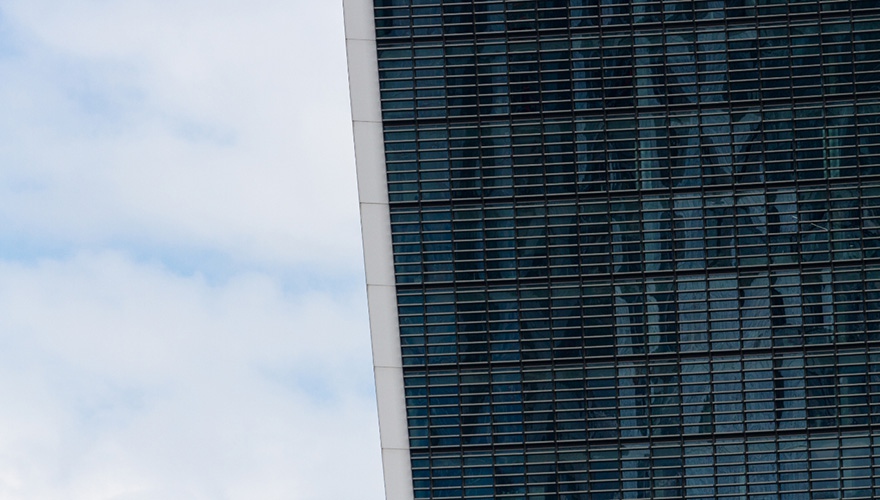
Insights
DOs and DON’Ts of Returning to Work post Lockdown - A Leadership Perspective

Insights
Been there, done it… lost the T-shirt?

Insights